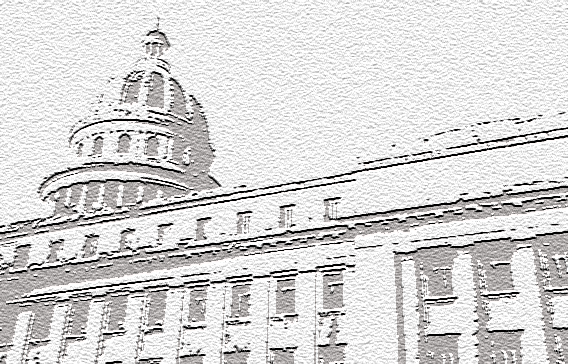By Jaime Suchlicki
Op-Ed Contributor
IN THE 1960s, Fidel Castro mocked Chinese leader Mao as a senile, old man. Naturally, in his quest to oppose the US, Castro sided with the Soviets and opened Cuba’s door to nuclear missiles. Three decades of close collaboration followed.
With the collapse of the Soviet Union, Cuba was forced to diversify its friends and supporters. Iran, Venezuela, Brazil, North Korea, and China, have become Cuba’s closest allies, providing credits and investments to the Caribbean dictatorship.
Last week China’s president Xi Jinping visited Cuba as part of a Latin American tour.
The two countries signed 29 agreements which include credits to modernize Cuba’s port of Santiago in the eastern end of the island; accords on Cuba’s exports of sugar and nickel to China and a mixed Cuba/Chinese enterprise to develop golf courses in the island.
Not that the Chinese are taking up golf and are looking to vacation in Cuba.
The Chinese are interested in commercial relations with Latin American countries and look at Castro to provide support with Venezuela, Argentina, Brazil, Nicaragua, Bolivia, and Ecuador, all allies and supporters of General Raul Castro.
Contrary to the recent visit of Russian President Putin, the Chinese see Cuba, not as a strategic outpost to challenge the U.S., but as a natural expansion of Chinese global economic reach.
China has become Cuba’s second commercial partner, next to Venezuela.
Cuba and Latin America are becoming major purchasers of Chinese goods. While Cuba is a small and bankrupt economy, countries like Venezuela, Brazil, and Argentina offer significant opportunities for expanding Chinese commercial relations.
From the US point of view, both China and Russia represent major challenges.
Yet, the Russians’ new moves into Cuba are the more complicated and far reaching.
Bases and airfields for Russian vessels and planes and the rearming of the Castro brothers so close to U.S. shore, remains a troublesome and long term problem for American policy makers.
Jaime Suchlicki is Emilio Bacardi Moreau Distinguished Professor and Director, Institute for Cuban and Cuban-American Studies, University of Miami. He is the author of Cuba: From Columbus to Castro, now in its fifth edition; Mexico: From Montezuma to NAFTA, now in its second edition and the recently published Breve Historia de Cuba.
Note: the opinions expressed in Caribbean Journal Op-Eds are those of the author and do not necessarily reflect the views of the Caribbean Journal.
